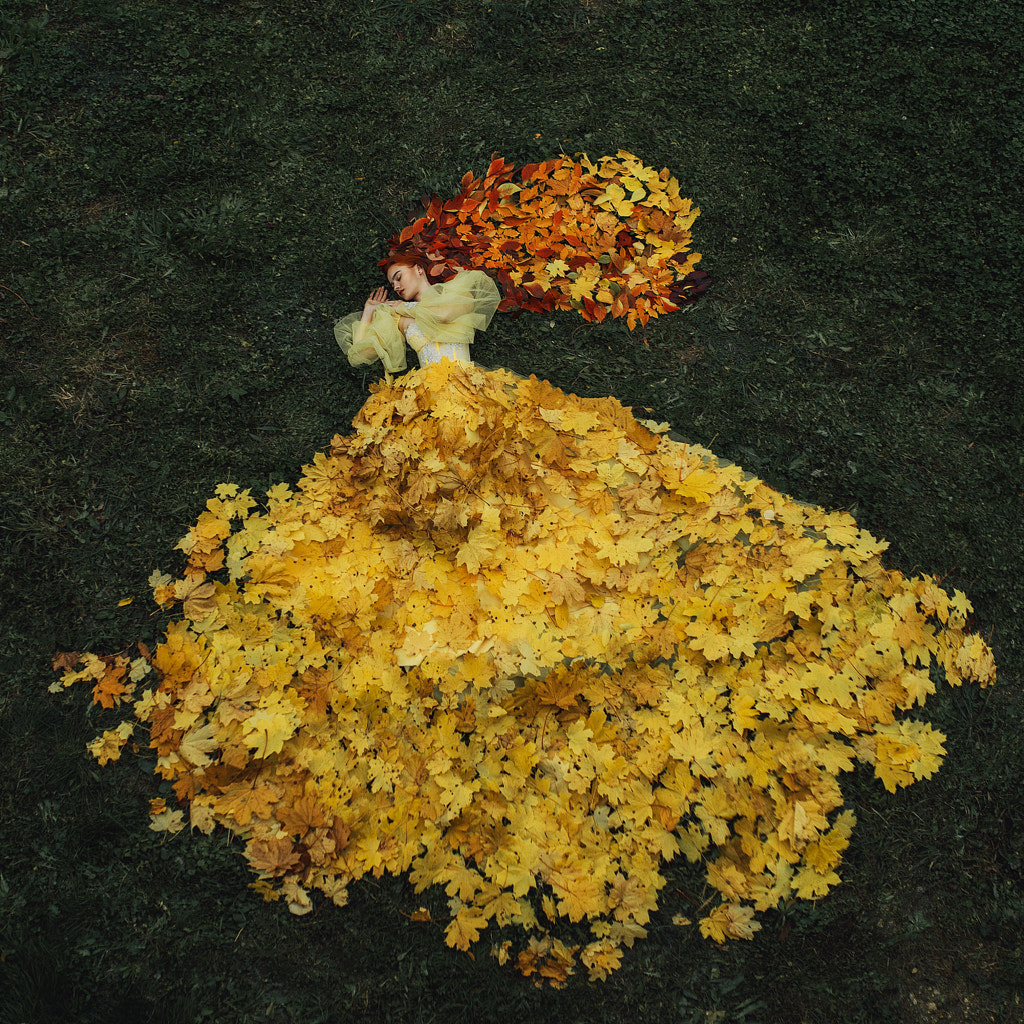SPIRI Fact Sheet, December 21, 2021: “The combined arms sales of the world’s largest arms-producing and military services companies (the SIPRI Top 100) were $531 billion in 2020 This represents an increase of 1.3 per cent on their arms sales in 2019. Despite this being the smallest increase in arms sales among the Top 100 in three years, the data shows a continuous upward trend since 2015, roughly correlating with rising global military expenditure levels.
The arms sales of the Top 100 were 17 per cent higher in 2020 than in 2015 (the first year for which SIPRI included Chinese firms in its ranking)…”
Yes, the Great Books Make Us Better People
The New York Times Opinion: “Roosevelt Montás came to the United States from the Dominican Republic as a child, got his bachelor’s, master’s and Ph.D. from Columbia and ultimately came to run its Core Curriculum program. This is a slate of courses required of all Columbia undergraduates that includes a major component on what is commonly referred to as the Great Books. Now, he’s written a combination memoir and call to arms.
In “Rescuing Socrates: How the Great Books Changed My Life and Why They Matter for a New Generation,” Montás explains why he fears, as many have, that universities have come to put more value on, and resources into teaching, the sciences and more readily marketable skills, as opposed to emphasizing the mind-expanding and personal development that students gain from a rigorous colloquy around certain hallowed texts.
Specifically, he stipulates, “The animating argument of this book is for liberal education as the common education for all — not instead of a more practical education but as its prerequisite” and adds, “I want nurses, computer scientists, accountants, engineers, entrepreneurs, lawyers, and professionals of every kind, to be liberally educated.”…”
The internet is tricking our brains
NBC News – “Every now and then, Adrian Ward likes to test himself against the internet’s most-used search engine. “There are times when I have the impulse to Google something, and I don’t,” said Ward, who studies psychology as an assistant professor of Every now and then, Adrian Ward likes to test himself against the internet’s most-used search engine. “There are times when I have the impulse to Google something, and I don’t,” said Ward, who studies psychology as an assistant professor of marketing at the University of Texas at Austin. “Because,” he said, “I want to see if I can drag that up from memory.” It’s a challenge that’s familiar to anyone with a smartphone in their pocket who can’t quite remember the year that a favorite album came out or the name of an actor in an old movie. Take out the phone? Or rack the brain? But that choice is more than a way to test our recollection of trivia. People who lean on a search engine such as Google may get the right answers but they can also end up with a wrong idea of how strong their own memory is, according to a study that Ward published in August. That’s because online search is so seamless and always available that people often don’t have the chance to experience their own failure to remember things, the study found. The findings are part of a wave of new research in recent years examining the intersection of the internet and human memory. The implications could be far-reaching, including for the spread of political misinformation, Ward said. He cited years of research into how people make decisions, showing that people who are overconfident in their knowledge become more entrenched in their views about politics and science and also can make questionable financial and medical decisions. “The larger effect is people thinking, ‘I am smart. I am responsible for this. I came up with this info,’” Ward said in an interview.
A cadre of cognitive scientists, psychologists and other researchers are trying to understand what it means to remember when memories have been shaped by technology sometimes in many different ways. It amounts to a rethinking of how memory is going to work with each new iteration of digital devices — blurring the line between mind and the internet into something that one day might be thought of as an “Intermind,”Ward said….”
Source: Adrian Ward. 2021. People Mistake the Internet’s Knowledge for Their Own. Proceedings of the National Academy of Sciences, forthcoming.
inscribing the devil fish 3 AM: Magazine
Christopher Hitchens Was Fearless The Atlantic. Graydon Carter.
Suicides linked to HMRC cash demands in ‘loan charge’ tax bills
